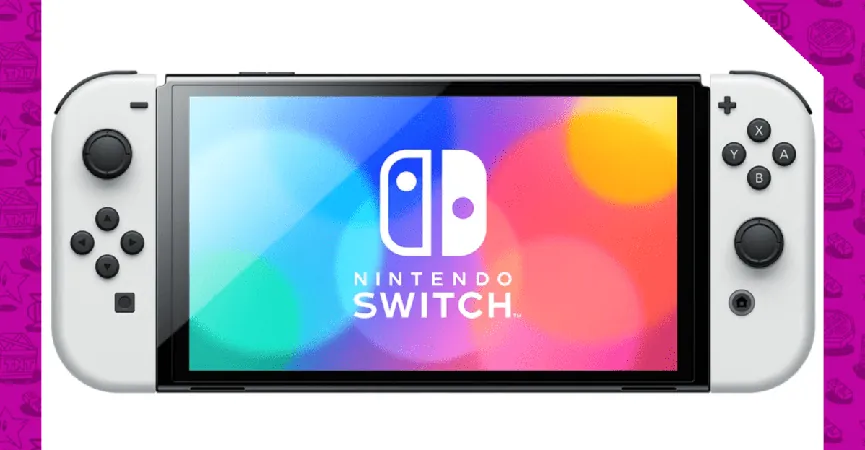
The High-Stakes Showdown: Google vs. DOJ in Ad Tech Monopoly Case
2024-11-25
Author: Ting
Introduction
In a gripping session that unfolded in an Alexandria, Virginia courtroom, Google and the U.S. Department of Justice (DOJ) delivered their final arguments concerning Google's extensive influence in the online advertising technology sector. The outcome of this landmark case could reshape the digital advertising landscape, with a ruling anticipated by the end of 2024 from U.S. District Court Judge Leonie Brinkema.
Final Arguments
Over a tense three-hour period, both sides laid out their conclusions, with the DOJ asserting that Google has abused its dominance through a suite of ad tech products, most notably DoubleClick for Publishers (DFP) and the AdX exchange. According to the DOJ, Google's actions have stifled competition and manipulation towards publishers and advertisers alike. In contrast, Google maintains that it is facing robust competition from rivals and should not be compelled to share its market advantages with adversaries.
Whose Market Is It Anyway?
Central to the arguments was the contentious question of how many distinct advertising markets Google actually operates within. The DOJ contends that Google monopolizes three separate ad markets: publisher ad servers, ad exchanges, and advertiser ad networks. However, Google argues that there exists a singular, interconnected marketplace for digital advertising, positioning it against competitors such as social media giants Meta and TikTok.
A pivotal point in the defense was the reference to the 2018 Supreme Court ruling in *Ohio v. American Express*, which upheld that a single market comprised both merchants and consumers. However, Judge Brinkema expressed skepticism about directly applying this precedent to the current case, noting significant differences in the market structures involved.
During her questioning, Brinkema probed the DOJ's focus on publishers rather than advertisers, seeking clarification on the logic behind building its case predominantly around the publishers' challenges with Google’s systems. The DOJ suggested that difficulties faced by publishers starkly illustrate Google’s anticompetitive behavior.
Refusal to Deal: A Legal Battleground
Another vital aspect of Google’s defense rests on a broader legal precedent established in *Verizon v. Trinko*, which suggests that, generally, companies are not obliged to engage with their competitors. Google argues that its ad tech products already function alongside others, minimizing the need for additional interoperability mandates. The DOJ countered this claim, arguing that Google's conduct should be examined in the context of the relationships it has with its customers, pointing towards evidence of Google limiting user options within their ad tools.
What’s the Deal With Deleted Messages?
In an additional layer of complexity, Google is facing scrutiny over allegations that it intentionally erased chat messages potentially damaging to its case. While Google claims these messages comprised everyday banter, some contained critical discussions about strategic business moves. The DOJ argued that whenever there’s doubt regarding the content of the deleted communications, adverse conclusions should be drawn against Google.
Throughout the trial, Judge Brinkema signaled that the missing messages could be pivotal, recognizing the challenges they pose in understanding Google’s internal decision-making processes. "You're entering dangerous territory," she cautioned, implying the significance of the deleted communication’s context in influencing the final outcome of the case.
Conclusion
As the courtroom drama intensifies, this case not only represents a battle between the DOJ and one of the world’s technology titans but could redefine the future of online advertising and market competition in an increasingly digital economy. Stay tuned as we await the decisive ruling that could have far-reaching implications for the entire industry!



 Brasil (PT)
Brasil (PT)
 Canada (EN)
Canada (EN)
 Chile (ES)
Chile (ES)
 España (ES)
España (ES)
 France (FR)
France (FR)
 Hong Kong (EN)
Hong Kong (EN)
 Italia (IT)
Italia (IT)
 日本 (JA)
日本 (JA)
 Magyarország (HU)
Magyarország (HU)
 Norge (NO)
Norge (NO)
 Polska (PL)
Polska (PL)
 Schweiz (DE)
Schweiz (DE)
 Singapore (EN)
Singapore (EN)
 Sverige (SV)
Sverige (SV)
 Suomi (FI)
Suomi (FI)
 Türkiye (TR)
Türkiye (TR)